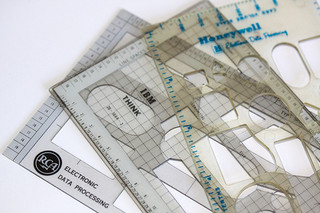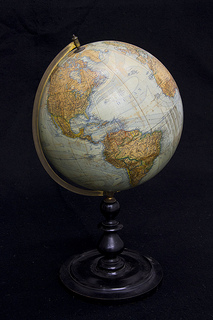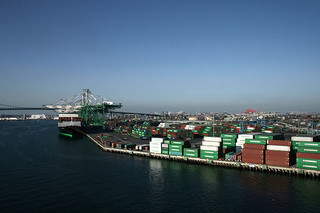How to Streamline Your Procurement Procedures

While a company is small, procurement is simple. As the organization grows, however, the process gets muddled and becomes less efficient. For example, the federal government has grown to the point of inefficiency at which it spends $800 per American per year on goods and services! If your procurement processes seem cumbersome and inefficient, here are some steps to take to reign it back in.
This article is for Premium Members only. Please login below to read the rest of this article.
Not a Premium Member yet? Become one today.
[login_form redirect=’https://www.procurementbulletin.com/how-to-streamline-your-procurement-procedures’]
[show_to accesslevel=’Premium Members’]
Create a Flowchart of the Process
How exactly does your procurement process look as it moves through the organization? How does it begin, move forward, and end? Map the process from beginning to end, including all personnel and departments involved in the process. It’s impossible to improve a system until you’re absolutely sure how it’s currently working. Examine the bidding, negotiations, and current contracts. Flowcharts are the best method for mapping such processes.
Identify Areas for Improvement
Once your flowchart is complete, you can identify areas for improvement. Find all redundancies in the system, and examine each element for efficiency. Also, determine what parts of the process can be automated. Some steps might be eliminated entirely, while other areas may need additional workers or resources to become more efficient. Gather input from all parties involved during this process. You’ll be amazed at the wonderful ideas workers have for improving the status quo.
Centralize Procurement Operations
Some companies work more efficiently when each department handles their own procurement, while others function best with a centralized procurement department. Either way, make sure procurement procedures are clearly defined and those responsible for procurement are aware of their responsibilities. Depending on the size of the company, a single person from each department might be assigned procurement duties, or a central procurement department can be established to handle the needs of the entire organization.
Invest in Procurement Software
Automating the procurement process saves time and money. First, it eliminates much of the human error associated with the task. Second, it provides a better platform to work with vendors. In fact, many vendors charge fees to companies without automated processes, so you can save these fees with the right software systems. Most companies can find off the shelf software to meet their needs. However, larger companies and specialized businesses might need to hire a software development firm to design a custom-made system.
Tweak, Tweak, Tweak
Streamlining the procurement process isn’t a one and done affair. It pays to revisit your software, policies, and procedures regularly to identify areas for improvement. Keep the original flowchart you designed and update it with the changes you make during the streamlining process. Regularly review the current flowchart with key personnel to identify areas where you can eliminate redundancies and further automate processes. Be sure to keep all levels of workers in the loop during these reviews. Everyone involved in the process probably has good ideas to contribute.
With the procurement process streamlined, you’ll be wasting less work hours, getting the most out of the contracts you enter, and eliminating costly mistakes. This makes the entire company more productive and efficient. [/show_to]






